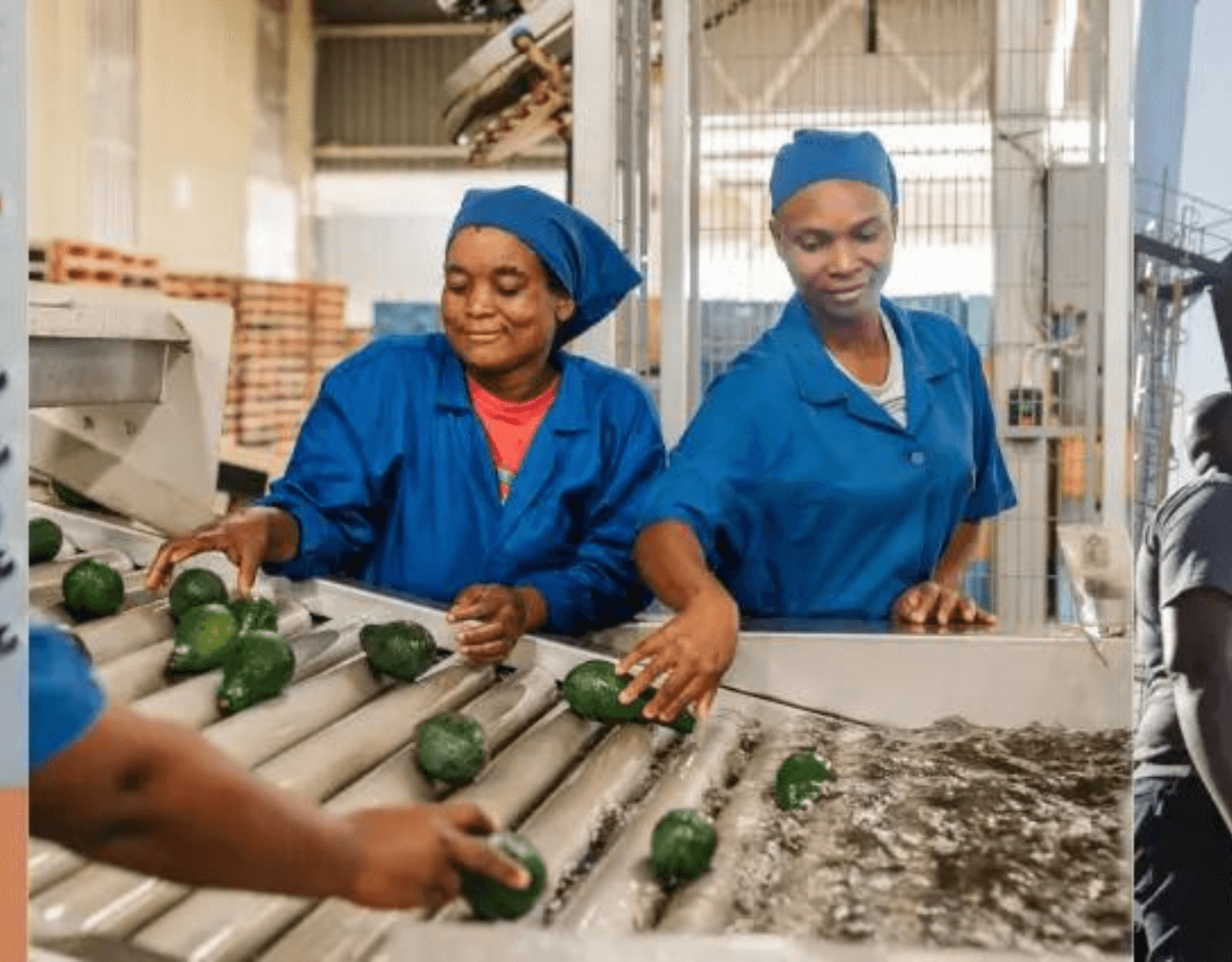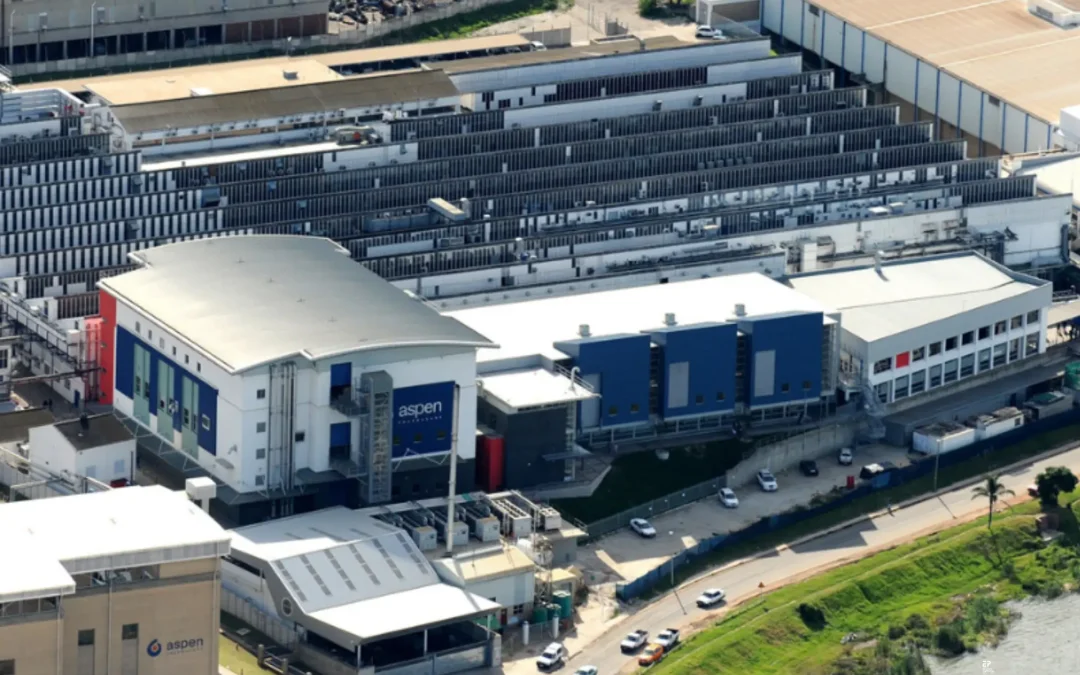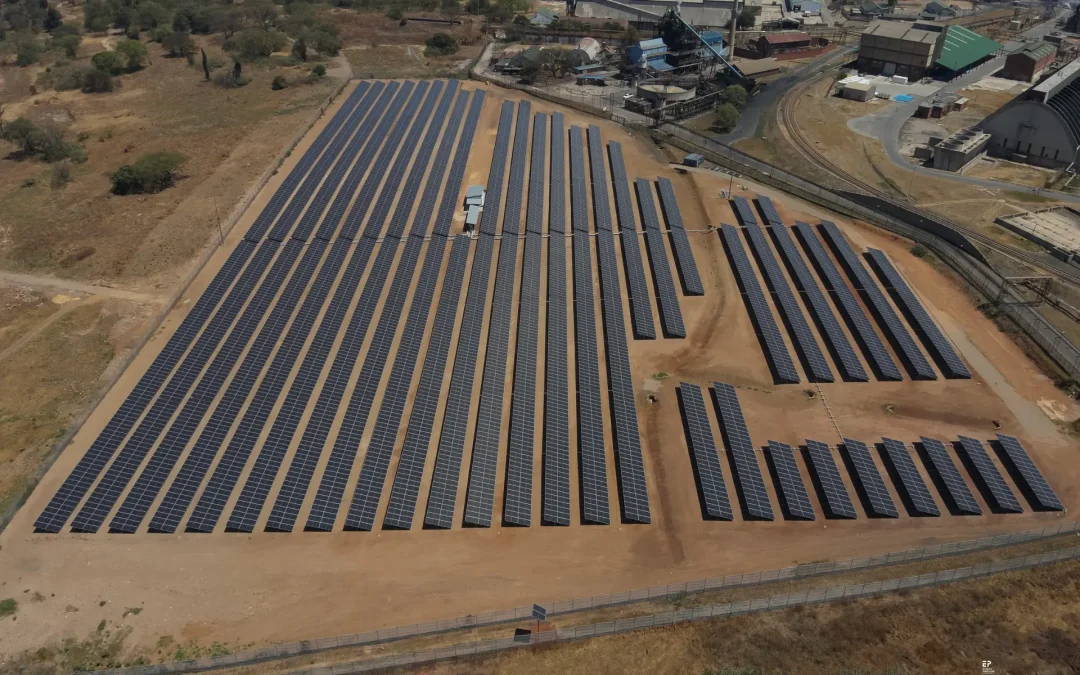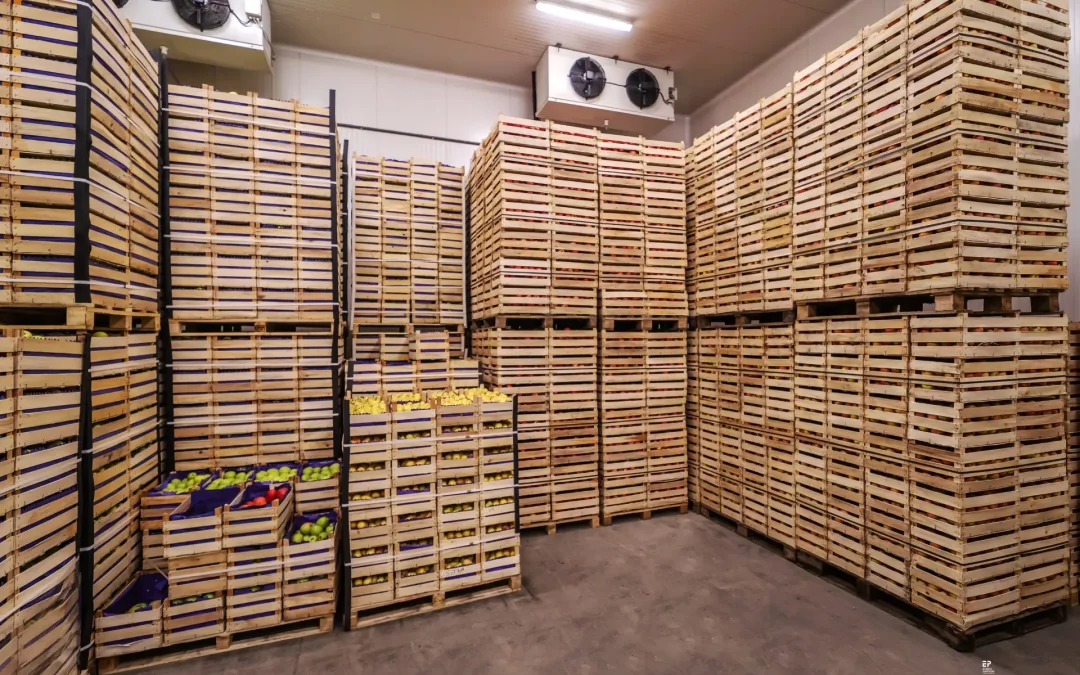Almost 60 years ago, on 6 June 1966, a young Robert F. Kennedy told an audience at the University of Cape Town, “There is a Chinese curse which says, ‘May he live in interesting times.’ Like it or not, we live in interesting times. They are times of danger and uncertainty; but they are also the most creative of any time in the history of mankind.”
Used almost ironically today, the so-called ‘Chinese curse’ is certainly applicable in the current global economic climate, and is felt especially keenly in South Africa, which weathered the pandemic only to be faced with an energy crisis and slow economic growth.
Indeed, the financial statements of local food producers show the hundreds of millions spent to mitigate the risks of an energy crisis that, according to the South African Reserve Bank, costs the local economy close to R900 million a day.
Capital that would have otherwise been earmarked for innovation, research and development, new product development, expansion and recruitment, has instead been deployed to ensure uninterrupted power and to sustain the supply chain, the latter of which was highlighted as the top risk facing South Africa’s top executives in the KPMG 2022 CEO Outlook Survey.
Yet, to paraphrase Kennedy, times of crisis also present significant opportunities for business, where it is still possible to make strategic decisions that enhance capital allocation, build greater resilience, and embed sustainability and ESG (environmental, social and governance) imperatives as a competitive advantage.
But where to begin?
Servitisation, in essence a shift from ownership to usership, is a compelling starting point.
From ownership to usership
Pioneered in the 1990s by Aston University in the United Kingdom, servitisation – where businesses pay a fixed fee per unit of service consumed rather than investing directly in equipment – is being utilised to great effect by leading South African food producers such as Clover S.A., Sovereign Foods Ltd, Dr Oetker, Lynca Meats and Letaba Pakkers.
The premise of the model is that more value at lower risk can be obtained from using the outcome of a service – in this instance cooling, heating or power – than owning the asset that delivers it, assuring profound strategic implications.
- No capital investment
Sovereign Foods opted to enter into a 15-year servitisation agreement at their Kariega plant, paying only for the refrigeration and steam delivered. Attracting a R75 million investment, their business yields the full benefits of new, state-of-the-art refrigeration and steam systems, without any operational risk of ownership.
As was recently reported in the media, Clover S.A. entered into a globally recognised servitisation agreement whereby solar power, refrigeration and steam was integrated at their new Queensburgh megafactory. This transaction attracted the company a R360 million investment, again reaping the benefits of world-class operating systems, without any operational or balance-sheet risk.
In both instances, the food producers were able to free up capital, reduce operational risk while increasing efficiencies, with Sovereign Foods’ Pieter van der Smit confirming, “The capital that we would have used for our refrigeration plant can now be used for production-related items and the core systems for our facility.”
- Predictable budgeting and risk mitigation
The long-term nature of servitisation agreements – many for up to 20 years – provides clients with the advantage of predictable budgeting, eliminating the uncertainty associated with fluctuating expenses, especially in services critical to the success of their operations. Clients can determine upfront how annual escalations should be determined – ranging from zero percent increases (over, say 20, years) to Consumer Price Index-linked escalations.
Additionally, the model holds several risk mitigation benefits. With the service provider taking responsibility for the asset’s efficiency and reliability, clients are assured of reduced downtime and costs – in Clover’s case, this will amount to a R792 million reduction in operational costs over their 20-year contract.
- Greater operational efficiency
The very nature of servitisation strongly incentivises long-term thinking when designing and selecting the right solution for a client, inevitably leading to significant operational efficiencies. For the end-user, efficiency is baked in through a contracted tariff shifting responsibility to the service provider.
Afrupro Exporters, one of the country’s top subtropical fruit grower-marketers, reduced the energy costs for their cold rooms by 20 percent through servitisation. In a similar contract, leading meat processor, Lynca Meats secured 30 in operational savings (in heating and cooling), enabling a 100 percent production increase.
- Sustainability achievements
For companies looking to address sustainability and ESG challenges, servitisation ensures the service provider retains responsibility not only for the function of the asset, but also its emissions. Additionally, with efficiency built into the model as a key objective, assets are designed for longevity, repairability and recyclability.
A unique feature of the Sovereign Foods Kariega plant, for example, is the innovation employed in recovering and reusing waste heat from the refrigeration system to save on steam costs.
The same plant also achieves the best possible Coefficient of Performance, or CoP – which measures the efficiency of converting electric energy into cooling energy in refrigeration systems. Subsequently, the plant will save 12,500 tons of CO2 emissions over 15 years.
On a different scale, the servitisation agreements with Clover will avoid 132 million tons of CO2 emissions over 20 years through the efficient combination of solar-assisted cooling, using only natural refrigerants, optimised use of waste heat and high-efficiency boilers for steam generation.
For companies that want to focus on their core business and embed resilience into their operations, servitisaton is indeed a compelling option.
For those who have already embraced the model, it has proven to exceed expectations and accelerated company-wide adoption. Lower costs and risk, coupled with increased focus on core activities, is proving valuable as companies navigate interesting times.
Manie de Waal, Chief Executive Officer, Energy Partners





